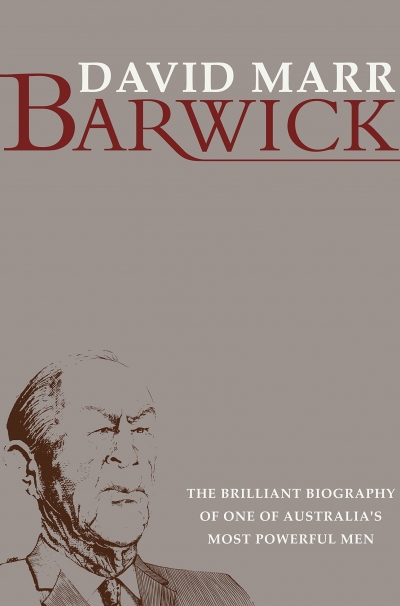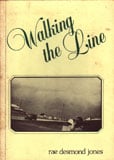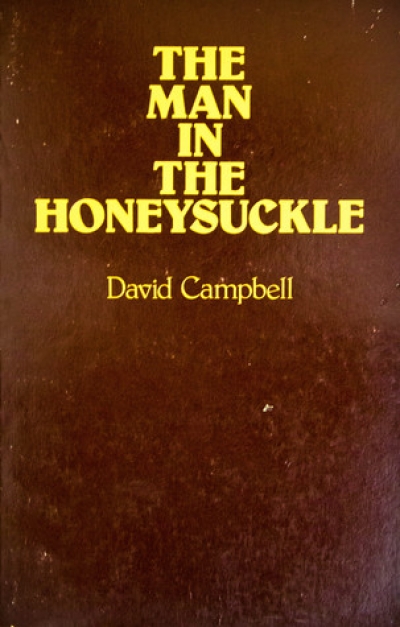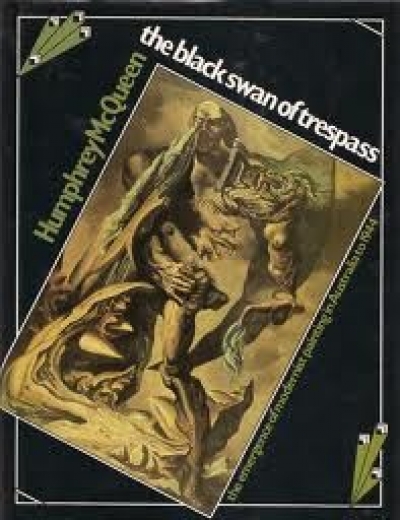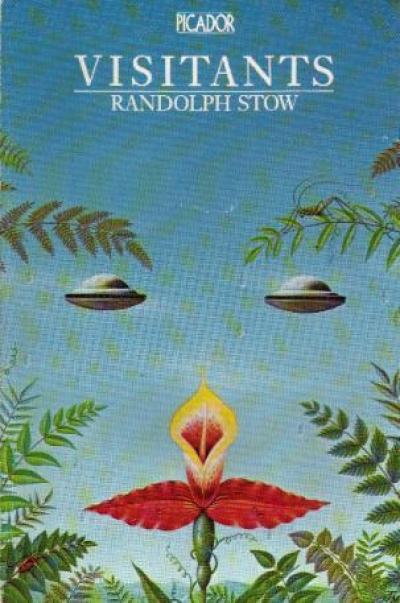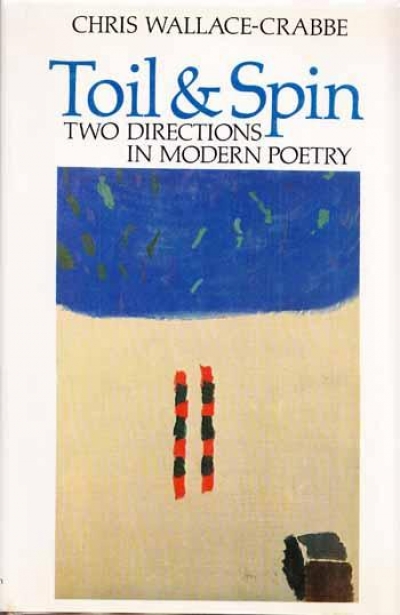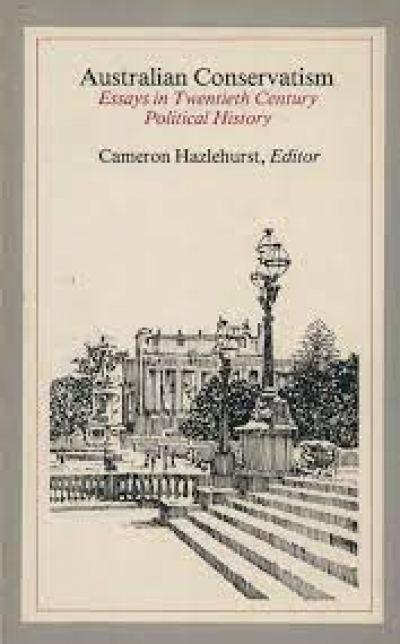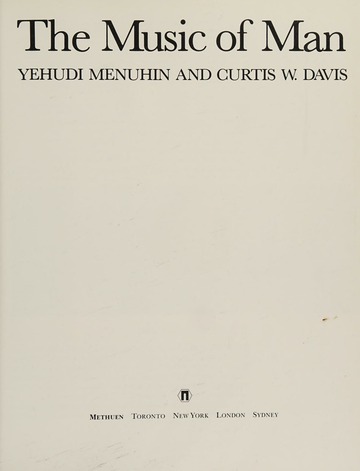Archive
Film | Theatre | Art | Opera | Music | Television | Festivals
Welcome to ABR Arts, home to some of Australia's best arts journalism. We review film, theatre, opera, music, television, art exhibitions – and more. To read ABR Arts articles in full, subscribe to ABR or take out an ABR Arts subscription. Both packages give full access to our arts reviews the moment they are published online and to our extensive arts archive.
Meanwhile, the ABR Arts e-newsletter, published every second Tuesday, will keep you up-to-date as to our recent arts reviews.
Recent reviews
Walking the Line by Rae Desmond Jones & Summer Ends Now by John Emery
Dear Mr McLaren
Thank you for your letter. We shall certainly reciprocate in the matter of complimentary copies and we’re also interested in exchange advertising. I look forward to seeing your next issue and would appreciate receiving a copy by air mail if your circulation mechanism is as slow as ours tends to be.
... (read more)
